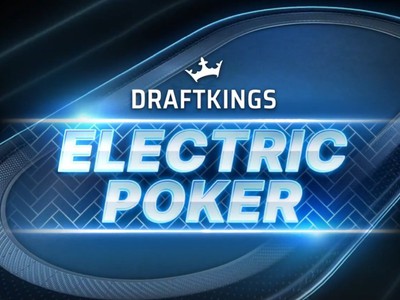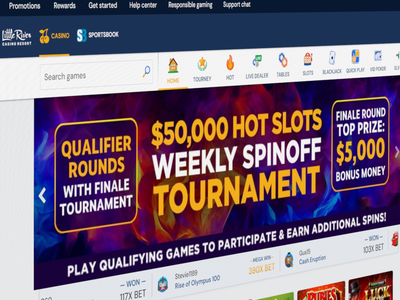It’s unclear if college campuses are being specifically targeted for advertisements by sports betting platform providers, but 63% of students on-campus recall seeing betting ads, a higher rate than the general population
Sixty percent of college students aged 18-22 are sports bettors, while more than two-thirds of students who live on campus bet on sports and place wagers more frequently, a survey commissioned by the National College Athletics Association (NCAA) has found.
The 15-page survey was designed to gain a clearer picture of the prevalence of sports betting among young people and to better understand their attitudes toward betting on sports — attitudes that the league said are heavily influenced by pervasive advertising for US sportsbooks.
NCAA President Charlie Baker, the former governor of Massachusetts, ordered the survey shortly after joining the league’s national office on March 1.
“We needed a new baseline so we can better understand what student-athletes are experiencing on their campuses and among their peers so we can best help them deal with the potentially disruptive dynamic of legal sports betting,” Baker said in a statement Wednesday.
“Sports betting has increased interest in sports of all kinds, including college sports, which is great for our fans, but the NCAA and everyone from coaches to athletics department staff and college presidents must better understand what impact sports betting may have on student-athletes.”
Many Students Gambled in Multiple Ways
The NCAA found that 58% of over 3,500 respondents surveyed had taken part in at least one sports betting activity in their lifetime. Those activities were:
- Placing a sports wager using a mobile app or website
- Playing daily fantasy sports (DFS) for money through an app or website
- Taking part in a betting pool around a sporting event
- Playing in a season-long fantasy sports league for money
- Placing a wager with an illegal bookie
- Wagering on sports at a brick-and-mortar casino or retail sportsbook
- Placing a bet at a racetrack
- Betting on sports events using an online sportsbook located outside the US
Many respondents had experience with more than one sports betting activity. The survey found that 37% had participated in two or more activities, 24% had done three or more, and 11% had done four or more.
The survey found that 67% of respondents that live on a college campus while pursuing their degree are sports bettors. While the survey found those respondents tended to wager at a higher frequency, they also wagered smaller amounts.
Advertising’s impact was difficult to quantify. According to the survey, 56.3% of respondents recall seeing or hearing an ad encouraging them to place a sports wager. Of those, most said they were more likely to wager after seeing or hearing pro-gaming messaging.
“It’s unclear if college campuses are being specifically targeted for advertisements by sports betting platform providers, but 63% of students on-campus recall seeing betting ads, a higher rate than the general population, and higher than those that commute to campus or attend virtually,” the NCAA said.
Opinion Diagnostics conducted the survey on behalf of the NCAA. The Boston-based analytics firm polled 3,527 respondents aged 18-22 between April 18 and April 25. A subset of respondents to the survey — 1,702 individuals in total — were students at a college or university.
The NCAA said it will conduct a student-athlete-only survey “in the coming months.”









